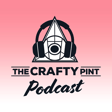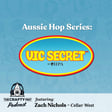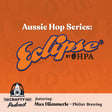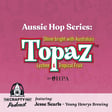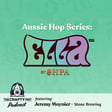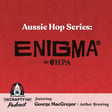
Hop Terroir And Timings With The Hop Professor
In an industry with no shortage of hop lovers, Tom Shellhammer’s interest in the wondrous plant goes further than most.
The Professor of Fermentation Science at Oregon State University is an internationally-recognised expert in hop chemistry who frequently travels the globe to provide his insights into all things hops. Indeed, as this podcast goes live, Tom is spending a multi-month sabbatical in New Zealand in order to better understand the industry there.
Taking advantage of his time Down Under, we caught up with him during the Chartered Institute of Brewing and Distilling's 2025 Asia Pacific Convention in Hobart. There, Will and Craig chatted to Tom about his fields of interest, including how terroir and the moment within harvest that hops are picked can impact the flavours and aromas brewers are able to elicit from different varieties.
Ahead of the main interview, James and Will chat about some sobering recent news, with Molly Rose appointing liquidators and Currumbin Valley closing the doors of their Gold Coast operation for good.
We also discuss the IBA’s hopes and plans for the upcoming Federal Election, Pink Boots’ mentorship program, and reveal the latest winner of our Have You Done A Rallings? campaign celebrating good beer citizens.
Start of segments:
- 13:30 – Tom Shellhammer Part 1
- 38:29 – Have You Done A Rallings?
- 41:27 – Tom Shellhammer Part 2
Relevant links:
- Liquidators Brought In By Molly Rose
- Currumbin Valley Closes
- Indie Beer’s Campaign 2025
- Pink Boots Mentorship
- Meet The Hop Doctor
- Nominate a good beer citizen
- Nominate a Bluestone Yeast Brewery of the Month
- The Crafty Pint's beer club: The Crafty Cabal
To find out more about supporting the show or otherwise partnering with The Crafty Pint, contact craig@craftypint.com.
